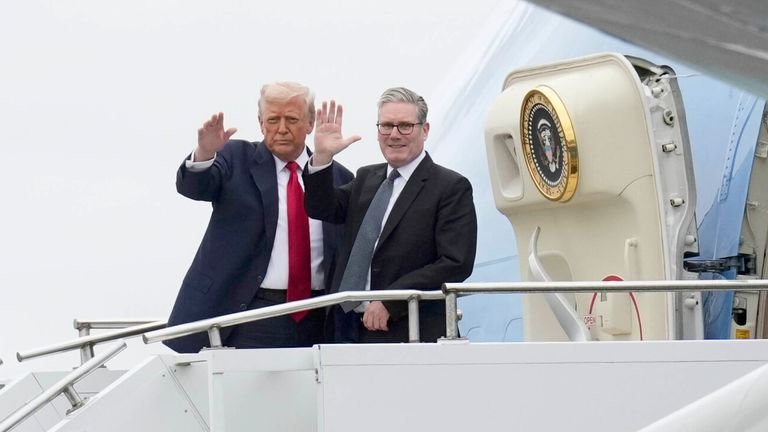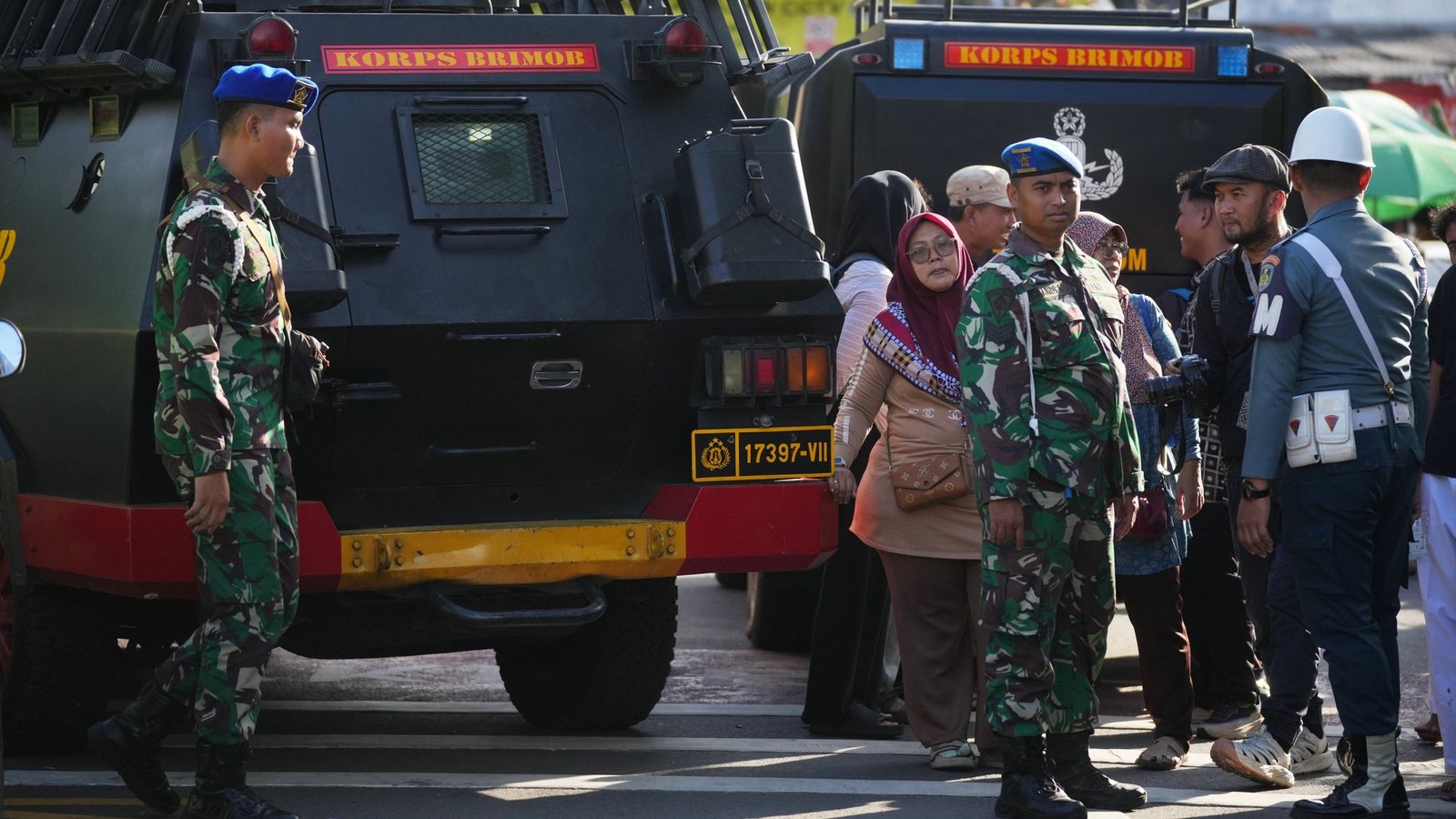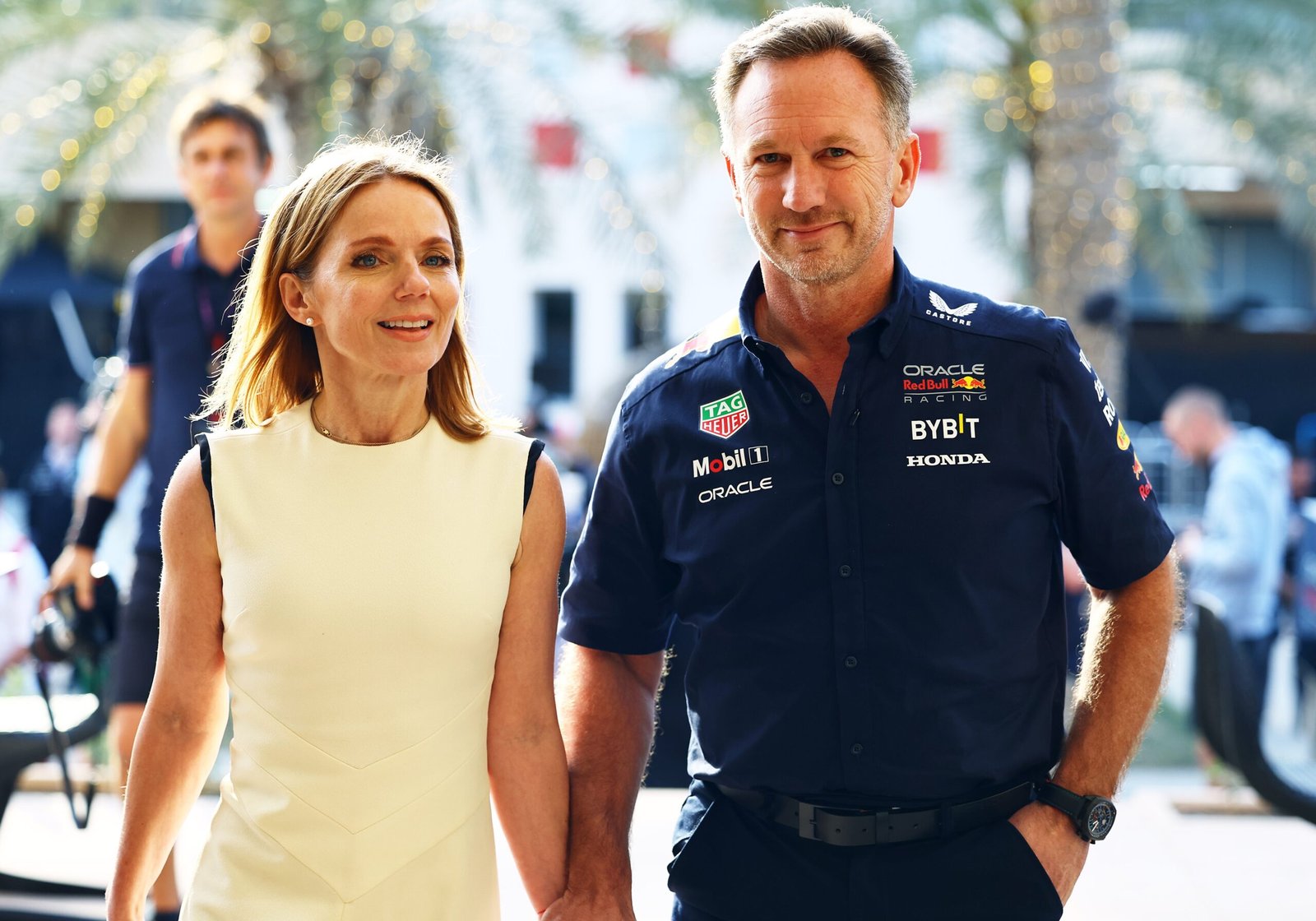No State Visit Has Ever Had Such an Unseemly Backdrop as This
State visits traditionally project pageantry, partnership and diplomacy. Yet the latest high-profile visit has been swamped by a combination of public protests, political scandal and fraught diplomatic optics — a mix that makes it one of the most controversial moments in modern statecraft. This article explains why no state visit has ever had such an unseemly backdrop, and what the fallout could mean for policy, trade and public trust.
The symbolic stakes of a state visit
State visits are more than ceremonial: they are strategic instruments for advancing trade, security cooperation and shared initiatives. Leaders use these opportunities to sign agreements, announce joint projects and shape public narratives about bilateral ties. That makes the timing and tone of a visit especially important — and in this case, deeply problematic.
Rather than symbolizing calm and unity, this visit arrives amid domestic crises in both countries. Low approval ratings, leadership turmoil and a spate of damaging leaks have sown distrust — turning a diplomatic stage into a contested political battlefield.
Protests, hashtags and a new public scrutiny
The scale of public protest has been striking. Tens of thousands of demonstrators have taken to city streets, using coordinated messaging across social media platforms. Banners and chants highlight grievances ranging from climate inaction to alleged human-rights abuses, transforming ceremonial parades into scenes of contention.
In the digital age, hashtags and viral clips rapidly amplify dissent. Skepticism toward the visit has morphed into a global conversation, with ordinary citizens questioning whether such diplomacy reflects their priorities. Public opinion now plays a central role in the success or failure of diplomatic engagements.
Political scandal casts a long shadow
Compounding the protests are high-profile scandals affecting senior officials. Recent resignations, corruption allegations and leaked documents have eroded trust in political institutions, prompting opponents to accuse leaders of using the state visit as political cover.
For the visiting delegation, the optics are no better: political factions at home see the trip as risky while allies abroad watch for signs of weakness. The net result is a visit that, instead of clarifying partnerships, raises more questions about accountability and priorities.
Diplomatic dilemmas and strategic calculations
Every handshake, photograph and joint statement is now parsed for meaning. Regional rivals interpret even small gestures as signals about shifting alliances, while international partners weigh potential consequences for defense and trade cooperation. Any misstep could exacerbate existing geopolitical tensions.
Yet diplomacy often proceeds precisely because stakes are high: controversial visits can create pressure that leads to breakthroughs. The balance between immediate backlash and long-term payoff is the critical gamble leaders are making.
Media coverage: from heady ceremony to sustained controversy
Where state visits normally produce polished coverages of banquets and cultural pageants, media attention this time has been dominated by friction — live protests, arrests, and critical commentary. International outlets frame the visit as a barometer of political stability, altering how agreements reached during the trip will be perceived and accepted by publics on both sides.
Economic and policy implications
Despite the fraught backdrop, trade deals and strategic pacts remain central to the agenda. Sectors such as energy, technology and defense stand to gain or lose depending on the visit’s outcomes. Investors will watch closely: clarity or chaos emerging from this visit could influence markets, supply chains and long-term investment decisions.
Critics argue that pursuing major bilateral deals while domestic grievances remain unresolved risks deepening public alienation — making implementation of any agreement politically toxic at home.
Security measures and risk of escalation
Authorities have implemented heavy security — road closures, restricted airspace and a noticeable police presence — to protect delegations and manage demonstrations. Even so, confrontations have taken place, and analysts warn that a single violent incident could derail the diplomatic agenda and dominate the narrative.
What this means going forward
This state visit represents a defining moment for contemporary diplomacy. If leaders secure meaningful agreements that translate quickly into public benefits, they could shift the story from controversy to constructive progress. But without tangible wins that respond to citizens’ concerns, the visit risks being remembered as tone-deaf and dissonant with democratic expectations.
Ultimately, the success of diplomacy today relies as much on domestic credibility as on international savvy. Governments that ignore that dual reality do so at their peril.





